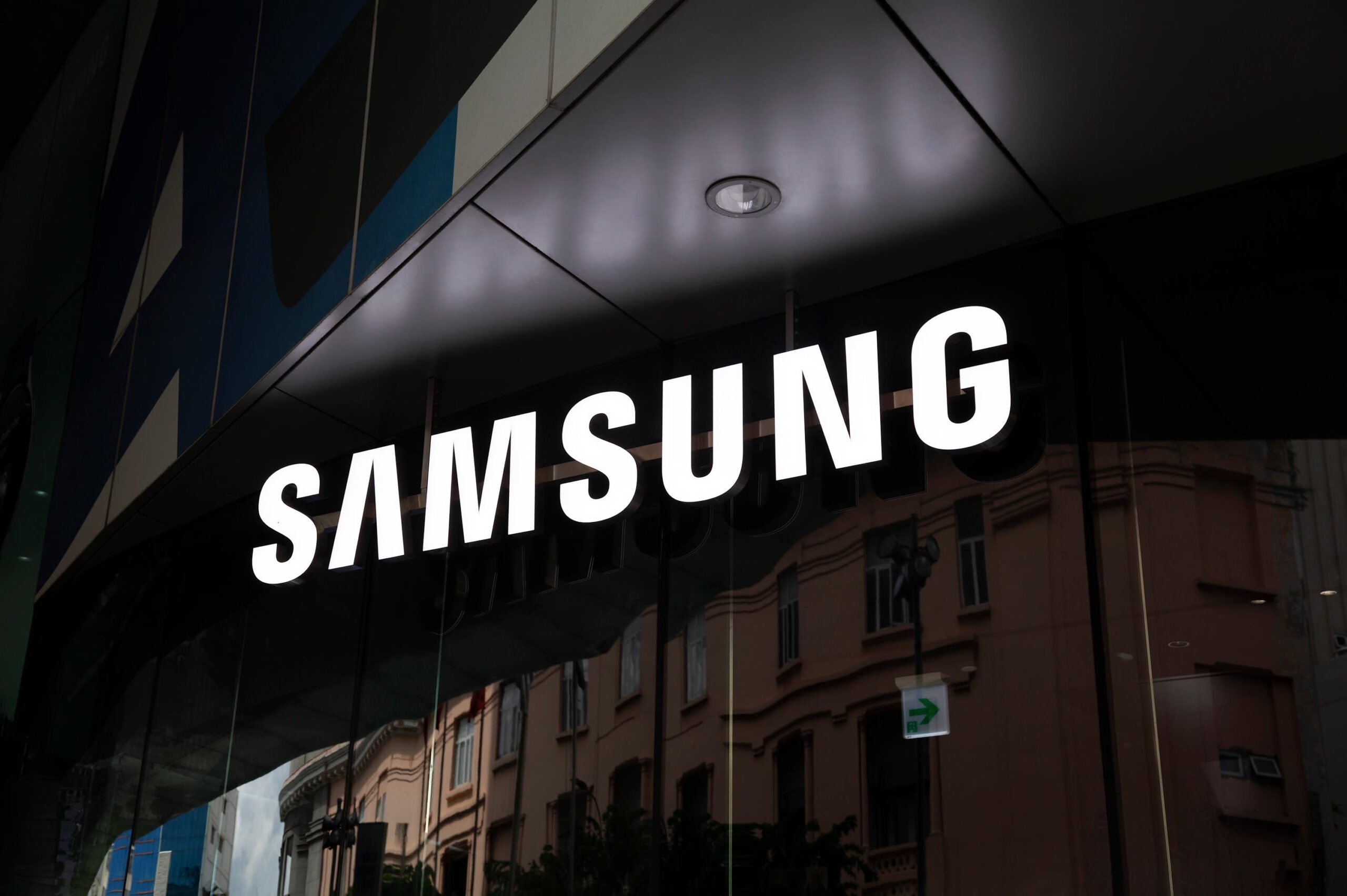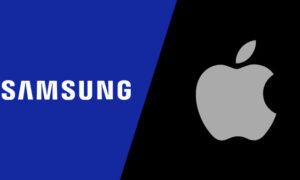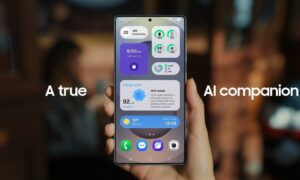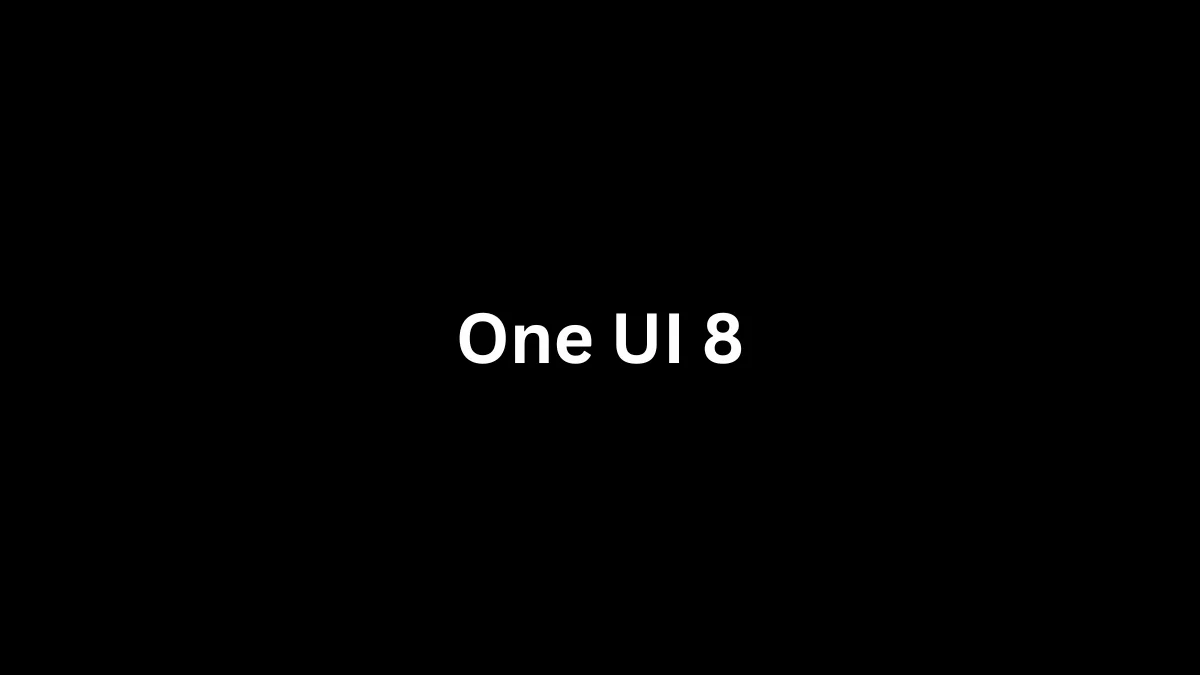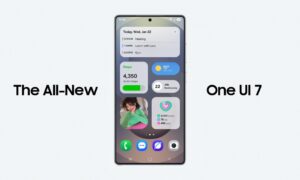According to the latest report, the Apple trademark and logo has become its eternal symbol, so it is very sensitive for others to register fruit-related trademarks or logos.
The latest data shows that Apple has filed a total of 215 trademark opposition applications in the past three years, more than the four major technology giants Google, Microsoft, Amazon, and Facebook combined.
215 trademark opposition applications filed in three years
In 2019, Genevieve St. John, a human resources specialist in Chandler, Arizona, started her own blog with a neon green and pink apple as a trademark. Shortly after filing for registration with the USPTO.
However, St. John was notified that her request had been opposed by Apple. In a 246-page trademark filing opposition, Apple’s lawyers wrote that the St. John’s logo “could tarnish the reputation of Apple, which strives not to associate itself with pornography.”
St. John, 41, is very upset. She decided not to respond to Apple’s lawsuit because she didn’t have the money to hire a lawyer to go to court with Apple, paving the way for the court to rule in the electronics giant’s favor.
“I didn’t even make money from it,” St. John said of the discontinued blogging project. “But this is Apple, and I’m not going to argue with them because I don’t have a million dollars.”
St. John’s is among dozens of entrepreneurs, small businesses, and companies that have been tracked down by Apple in recent years for references to the word “apple” in trademark name applications or references to the fruit’s logo.
Join Tip3x on Telegram
In the three years from 2019 to 2021, Apple filed a total of 215 trademark opposition applications defending its company logo, name, or product name, according to the nonprofit watchdog the Tech Transparency Project.
The group said the number exceeded the combined number of trademark opposition applications filed by Microsoft, Amazon, Facebook, and Google over the same period (136).
Apple is a more common word than the names of companies like Microsoft or Google, which may be one reason why Apple has filed more trademark opposition applications.
Many copycats try to make money by imitating Apple’s name or logo in the tech and entertainment industries.
But Apple has often targeted non-tech-related or smaller entities, even turning its attention to logos involving other fruits, such as oranges, pears, and pineapples.
Apple has targeted Indian food bloggers, the U.S. Department of Energy, public school districts in Wisconsin, and Mattel, which developed the hit card game Apples to Apples.
Apple also opposed the use of the orange logo by a pickup truck startup called Citrus. Last year, Apple settled with a dining app called Prepear, after the app’s developers agreed to change the leaves of its pear logo to make it look less like Apple’s logo.
Accused of “bullying”
Christine Farley, a professor at American University’s Washington School of Law, said Apple’s opposition to trademark applications amounts to “bullying tactics” that are not necessary for Apple.
Citrus, the U.S. Department of Energy, Prepear parent company Super Healthy Kids, and the Patent and Trademark Office declined to comment. Mattel did not respond to a request for comment.
Apple spokesman Josh Rosenstock said the law requires companies to protect their brands by filing oppositions with the Patent and Trademark Office if there are concerns about new trademark applications.
He added: “When we see certain trademarks being applied too widely or potentially confusing our clients, we always act quickly to try to resolve these issues quickly and amicably, and legal action is always our last resort. “
Apple has filed trademark opposition applications against a number of entities that have already obtained trademark or logo approval from the Patent and Trademark Office.
In these objections, the company argued that “the Apple trademark is so well-known that it is instantly recognizable” and that other similar trademarks would diminish Apple’s brand value or lead “the average consumer to believe that the applicant is associated with Apple, thereby obtaining Apple’s Endorsement”.
Some of these entities said that while they were confident that their trademarks did not infringe Apple’s interests, they could not prove that it did not matter because they did not have the resources to fight Apple before the Trademark Trial and Appeals Board.
Between 2019 and 2021, 37 entities withdrew their trademark applications or about 17% of the entities targeted by Apple or its subsidiary Beats Electronics. Another 127 (59%) entities did not respond to Apple’s lawsuit.
Indie singer-songwriter Stephanie Carlisi said she was shocked when Apple challenged its trademark application for Franki PineApple in 2020.
In the filing, Apple acknowledged that apples and pineapples were different, but said they were “both names of fruits and therefore convey a similar commercial impression”.
Apple is also considering objecting to Kalesi’s logo, which is an exploding pineapple grenade, the documents show.
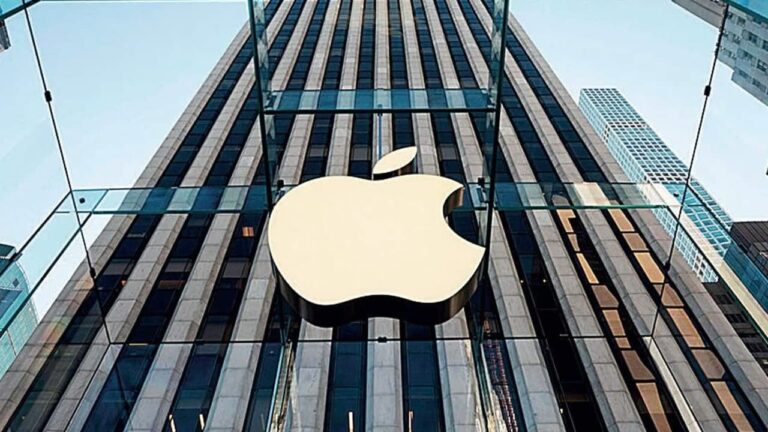
Fear of dilution of brand value
Historically, Apple, which was founded in 1974, was not that easy to litigate at first. According to the Technology Transparency Project, before 2000, Apple filed only a few trademark opposition applications a year, and in 1989 it was only nine at its peak.
At least one of those objections was directed at an electronics retailer that sold computer parts under the name “Pineapple.”
In those years, Apple Computer was more often the defendant in trademark infringement cases. In 1978, Apple Corps, the holding company founded by the Beatles, sued Apple for infringing its trademark rights, and the two sides engaged in a series of legal battles over the next few decades.
In 2007, the two companies finally agreed to hand over all trademarks associated with “Apple” to the Silicon Valley company. Apple has since dropped the word “computer” from its name and has filed dozens of trademark infringement lawsuits each year.
As Apple grows, its legal team is likely to want to prevent dilution of the brand’s value, said Barton Beebe, a professor at New York University Law School.
In intellectual property theory, he said, the legal argument is not that someone gets confused by two different trademarks, but that granting a new trademark reduces the value of a household name or trademark.
Apple has since created a template for trademark opposition filings, often using cookie-cutter wording, said Ashley Dobbs, a University of Richmond law professor. “
It’s more cost-effective to use the same arguments against multiple entities, and Apple has outpaced other companies like Disney and Warner Bros. that like to litigate over intellectual property,” Dobbs explained.
Sometimes, Apple will ask the Trademark Trial and Appeals Board to extend approval of the new trademark and then contact the entity that made the application to get them to change their minds.
Atlanta-based artist Lacye Brown created a cartoon of a fictional witch doctor named “Dr. Apple.” She said it had a “devastating effect” when Apple filed documents asking for more time to oppose her trademark application.
After discussions with Apple’s lawyers, she narrowed the scope of the trademark application, although the lawyers never formally objected.
But last year, when Brown tried to trademark her podcast “Talk About Apples,” which was based on her portrayal of Dr. Apple’s character, Apple also took issue.
Among the objections, Apple argued that people could confuse Brown’s podcasts with Apple’s podcast service.
“It’s an African-American witch doctor talking about imaginary fantasies, monsters, and ghouls, and no one has ever connected me to Apple,” Brown said. Still, she withdrew her podcast’s trademark application.
In 2019, Dr. Surya Reddy applied for the trademark and name of “Apple Urgent Care,” which operates a clinic in Riverside County, California. Apple disputed this, pointing out that its logo, like the Apple logo, includes a missing piece of apple and a “slanted, detached leaf.”
Reddy said he thought Apple’s objections were ridiculous because the latter was not a healthcare provider. But he didn’t have enough money to object and was forced to drop the application.
Singer Kalithi responded to Apple in court, however, and won a concession from the latter. The company agreed that if she included a disclaimer in her trademark application stating that Franki Pineapple was not her real name.
Moreover, Apple would not raise objections. Although the lawsuit cost Kalithi about $10,000, she drew some inspiration from it. She said her first single was inspired by a lawsuit with Apple.

